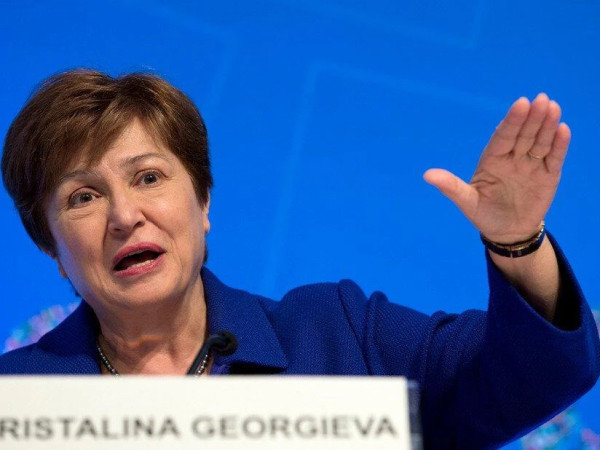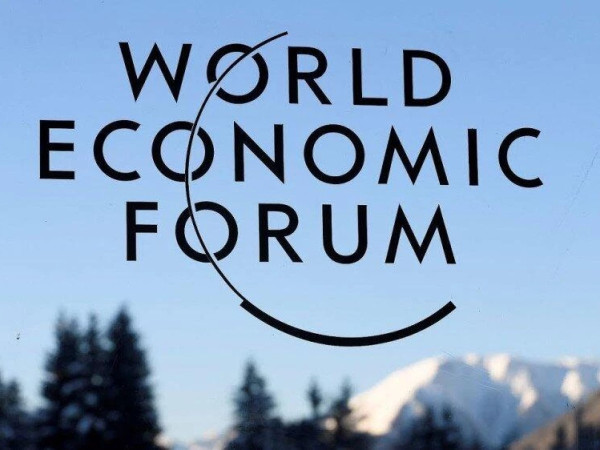The International Monetary Fund’s Managing Director Kristalina Georgieva told CNBC Tuesday that the days of her institution giving regular global growth downgrades are nearly over.
“I don’t see a downgrade now, but growth in 2023 will slow down,” Georgieva said at the World Economic Forum in Davos, Switzerland.
“Our projection is that we will go by half a percentage point down vis-a-vis 2022. The good news though is that we expect growth to bottom out this year and 2024 to be a year in which we finally see the world economy on an upside,” Georgieva said.
The International Monetary Fund has downgraded its growth forecast three times since October 2021.
On the issue of central banks potentially cutting interest rates, Georgieva said we are “not quite there yet,” as inflation is slowing down but remains “still quite high.”
“Central banks have to be careful not to pull their foot from the brake too early,” she added. Last week, the U.S. saw its inflation rate hit its lowest level since October 2021, while euro zone inflation dropped for a second consecutive month in December.
A ‘better place’ for China in 2023?
Turning to China, Georgieva repeated the IMF’s projections that the country will see GDP increase, but that it won’t make up as large a portion of global growth as it has in the past.
“The China growth rates are not going to return to the days when China delivered about 40% of global growth, this is not going to happen,” Georgieva said, with the country having experienced below-average growth for the first time in 40 years in 2022.
If China stays the course with its current Covid-19 reopening agenda, the country will reach the IMF’s growth projections of 4.4% by the end of the year, Georgieva said.
“Not 7%, not 6%, but in a better place above average growth,” she added.
The managing director’s comments come the day after the IMF released a new report saying fragmentation could cost the global economy up to 7% of GDP, CNBC reports.















